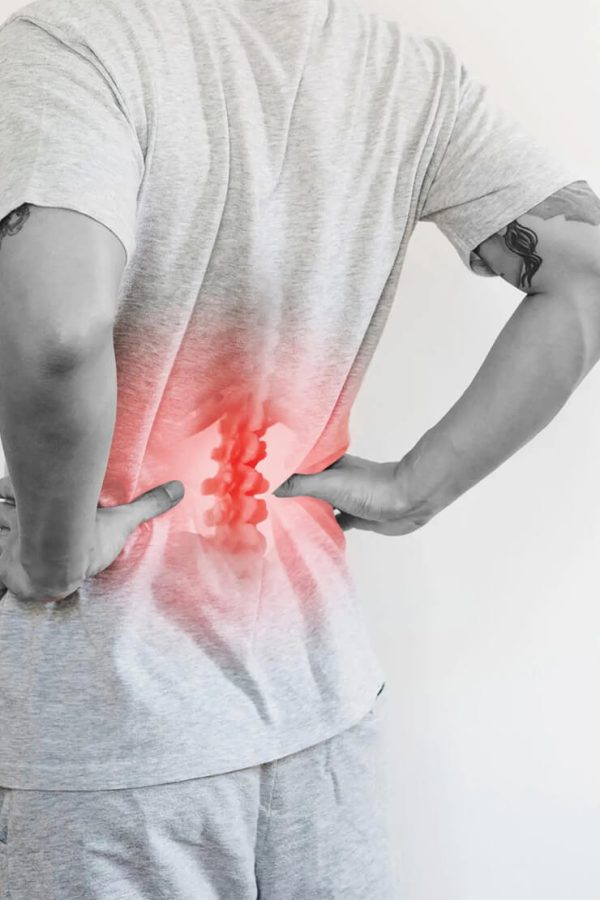Refer a Patient
iScope is currently accepting new patients. A referral from your primary care physician or specialist is required for consultations covered by your provincial plan. If you require rehabilitation services a referral is not required.
There are millions of individuals suffering from chronic pain, a persistent and debilitating illness. Chronic Pain Management Clinics are specialized healthcare facilities that provide comprehensive treatment for those with chronic pain. These clinics offer a variety of services, including pain evaluation, diagnosis, and treatment options.
Patients who visit our Pain Clinic in North Vancouver receive individualized care plans tailored to their specific needs and goals. Medication, physical therapy, cognitive-behavioral therapy, and interventional therapies are all viable treatment options. Our clinic aims to improve the quality of life of patients by reducing pain, enhancing function, and boosting mood.
Our chronic pain clinic is essential for educating patients on pain management techniques and assisting them in developing self-care plans. Our clinic can aid patients in the long-term management of their chronic pain by providing them with the instruments necessary for active participation in their care.

Chronic pain is a persistent ache that typically lasts three to six months or longer and persists despite anticipated healing periods. Several factors, such as an injury, illness, or nerve impairment, may contribute to its occurrence. Chronic pain can negatively impact a person’s ability to carry out daily tasks and sustain relationships, as well as their physical and emotional health. Frequently, a multidisciplinary approach is required to effectively manage chronic pain, involving the collaboration of multiple healthcare professionals to develop an individualized treatment plan.
Chronic Pain Syndrome, also known as chronic pain disorder, is a condition in which a person experiences persistent and widespread pain for an extended period of time, typically enduring at least six months. Pain that is not explicitly related to an injury or specific cause, but rather represents a complex interaction between physical, emotional, and psychological factors.
People with chronic pain syndrome may experience pain in numerous areas of the body, as well as fatigue, sleep disturbances, mood changes, and diminished quality of life. The discomfort may be constant or intermittent, and its intensity may vary.
It is not always possible to pinpoint the precise causes of chronic pain syndrome, but it can result from a number of factors, including:
Iscope North Vancouver is located in suite 301 at 1111 Lonsdale Ave.
iScope is currently accepting new patients. A referral from your primary care physician or specialist is required for consultations covered by your provincial plan. If you require rehabilitation services a referral is not required.
Suite 301 – 1111 Lonsdale Ave North Vancouver, BC V7M 2H4
P: 1-888-550-5508
F: 604-900-7676
Suite 200 – 8837 201 St Langley, BC V2Y 0C8
P: 1-888-550-5508
F: 604-900-7676
Suite 301 – 9639 137A St Surrey, BC V3V 0C6
P: 604-900-7007
F: 604-900-7676
Suite 500 – 89 Queensway West Mississauga, ON L5B 2V2
P: 1-888-550-5508
F: 416-900-7006
© Copyright 2023 Iscope Concussion and Pain Clinics. All Rights Reserved